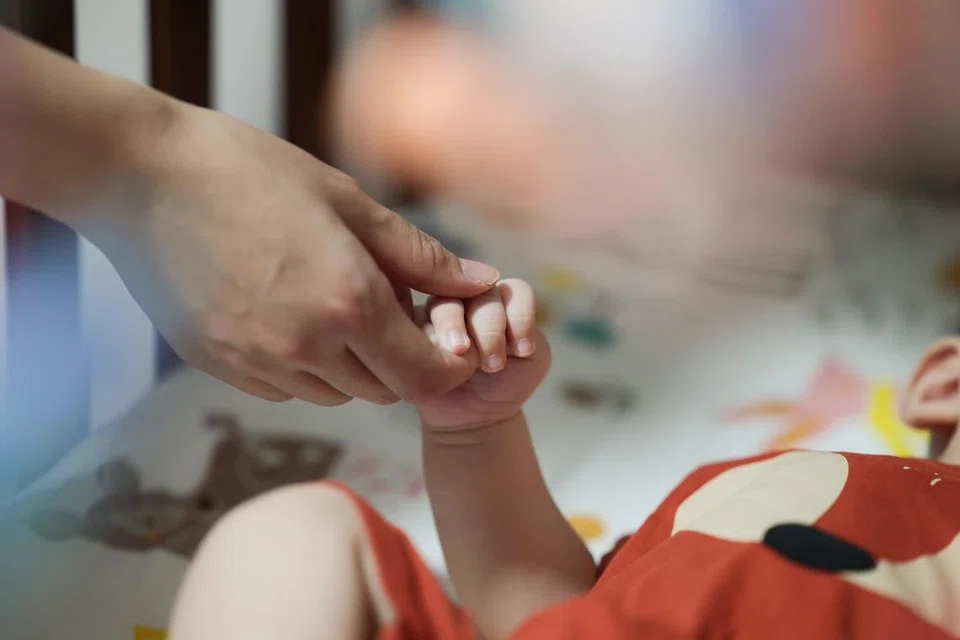
Source:
https://www.straitstimes.com/singapore/politics/2024-dragon-year-failed-to-boost-spores-total-fertility-rate-which-remains-at-a-low-of-0-97
Apple Intelligence:
- Singapore’s TFR: Remained low at 0.97 in 2024, unchanged from 2023.
- Impact of Low Fertility Rate: Significant implications for Singapore’s economy and society, including slower workforce growth and challenges in supporting an aging population.
- Dragon Year Effect: Diminishing over the years, reflecting generational shifts in attitudes and priorities among young couples.
- Singapore’s TFR: Singapore’s TFR dropped to a record low of 0.97 in 2023, below the replacement rate of 2.1.
- Dragon Year Impact: Singapore’s TFR rose in the past three Dragon years, but the impact is not guaranteed.
- Government Initiatives: The Singaporean government has implemented measures to promote marriage and parenthood, such as shared parental leave.
- Government’s Goal: Encourage couples to have more children.
- Reason for Low Birth Rate: Couples worry about having less time for each child and higher expenses.
- Existing Support Measures: Families receive more Baby Bonus Scheme and parenthood tax rebate for each subsequent child.
- Financial Benefits for Larger Families: Families with three or more children will receive increased grants for child development, healthcare, and household expenses.
- Increased MediSave Grant: The Large Family MediSave Grant will be increased to $5,000, up from the current $4,000, to offset pregnancy and medical expenses.
- Societal Support for Larger Families: Over 30 companies will offer deals and discounts to families with three or more children.
- Family-Friendly Policies: Discounts for larger vehicles, value bundles for groceries, and a call for a shift in mindset and culture to foster a family-friendly workplace.
- Childcare Leave: Six days of paid childcare leave per year for each working parent with a child under seven years old, and 12 days of unpaid infant care leave per parent per year in the child’s first two years of life.
- Immigration Benefits: Immigrants help to moderate the impact of Singapore’s low birth rate and ageing population.
- Immigration Trend: The average number of new citizenships and PRs granted in the past five years is slightly higher than the preceding five years.
- Transnational Marriages: Over a third of citizen marriages in the past decade involved a Singaporean and a foreigner.
- Immigration Policy: The government will continue to carefully manage the pace of immigration, considering factors like the falling Total Fertility Rate (TFR).

No comments:
Post a Comment